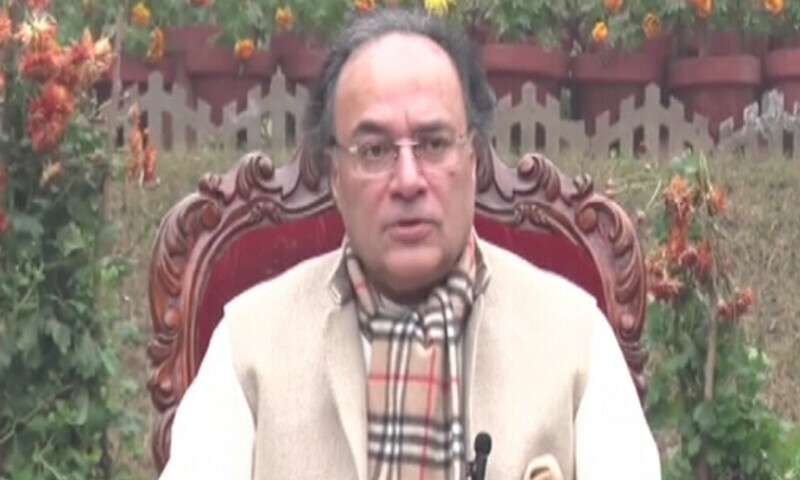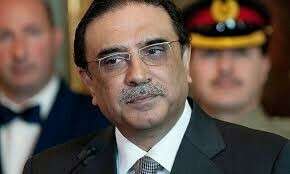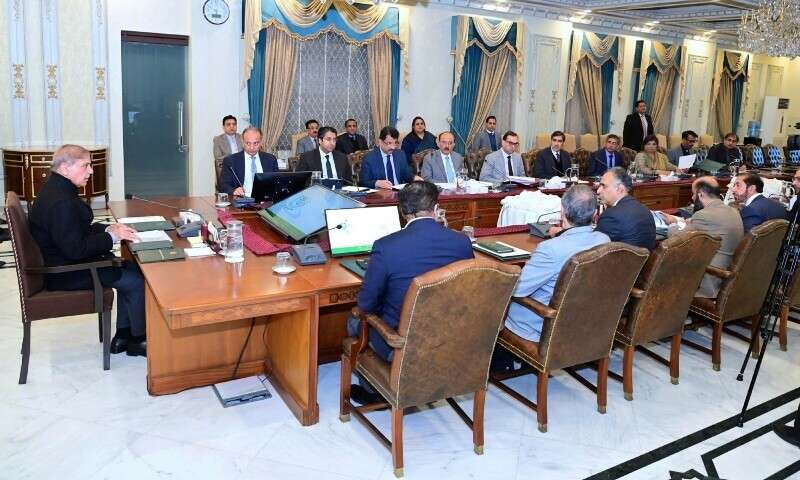Finance Minister Muhammad Aurangzeb recently called for unity across all sectors of the economy to significantly boost Pakistan’s tax-to-GDP ratio. He emphasized that it is essential for every sector to contribute to the country’s economic development, as the current tax-to-GDP ratio is far lower than the desired level. Addressing these economic challenges is paramount, as the finance minister believes that the salaried class, already burdened, cannot contribute further. The government is actively working to enforce strict tax laws and reform the Federal Board of Revenue (FBR) to address these issues.
The Need for a Stronger Tax Contribution
Pakistan’s tax-to-GDP ratio remains one of the lowest in the region, hovering around 9 to 10 percent, while neighboring countries maintain a ratio of approximately 18 percent. The finance minister highlighted the importance of increasing this ratio and aiming for at least 13 percent, a more achievable figure that would help sustain the country’s economic development. He also acknowledged the public’s perception of widespread corruption within tax institutions, particularly the FBR. However, the finance minister is committed to addressing this issue with transparency and technology.
Digitalizing the Tax Collection System
As part of the tax transformation plan, the government is focusing on digitalizing the FBR to reduce human intervention, which often results in inefficiency and corruption. The introduction of technology would streamline the process and minimize instances of harassment by ensuring fair and transparent tax collection. The finance minister expressed his belief that automation and digitization would be key in improving tax compliance across all sectors.
Sector-Wide Tax Compliance
Addressing the business community in Kamali, Aurangzeb made it clear that every segment of Pakistan’s economy, including various sectors that have historically been reluctant to pay taxes, must contribute to the national tax pool. He stressed that the government would enforce the payment of taxes across all sectors, ensuring that no group is exempt from this vital responsibility.
Privatization and Regulatory Oversight
In addition to boosting tax revenue, Finance Minister Aurangzeb emphasized the need for privatization and a shift in the role of government institutions. The government should play a regulatory role rather than directly managing businesses, he said. Drawing attention to the poor performance of institutions like Passco, which he labeled as one of the most corrupt, he asserted that privatization was essential to eliminate inefficiencies. However, privatization must be carefully regulated to avoid the formation of monopolies.
Aurangzeb acknowledged that government-controlled sectors, such as research institutions, have failed to deliver results, primarily due to inefficient resource allocation. He suggested that private sector entities should take over these roles to ensure that research and development funds are utilized more effectively.
The Need for Reform in Government Research Institutions
The finance minister was highly critical of Pakistan’s government-run research institutes, especially those under the Higher Education Commission. He pointed out that a significant portion of the funding was being used for salaries rather than research, leaving little room for innovation and development. According to Aurangzeb, 80 to 90 percent of the budget of research institutions is spent on salaries, which hampers progress. Instead, he proposed that the majority of funds should be invested in research and development, as well as fostering public-private partnerships and collaborations with universities.
Optimism Amid Economic Challenges
On a positive note, Aurangzeb highlighted some recent improvements in the country’s economic situation. The inflation rate had dropped to nearly 5 percent, and the interest rate had been reduced to 13 percent. He viewed these indicators as a sign that the country was on the right track toward macroeconomic stability. While he cautioned that there is still much work to be done, the finance minister expressed optimism that these steps would lay the foundation for long-term economic growth.
The Path Toward Export-Led Growth
Despite these improvements, Aurangzeb stressed the importance of shifting the focus of Pakistan’s economy from being import-led to export-led. He acknowledged that the country’s heavy reliance on imports had created a trade imbalance, which could hinder economic growth in the long run. However, he emphasized that the reforms introduced in the last six months would provide a foundation for achieving sustainable, export-driven growth by 2025.
FAQs
1. Why is Pakistan’s tax-to-GDP ratio so low?
Pakistan’s tax-to-GDP ratio is significantly lower than that of neighboring countries due to a combination of inefficiencies in tax collection, corruption, and a lack of broad-based tax compliance across various sectors.
2. How will the digitalization of the FBR improve tax collection?
The digitalization of the Federal Board of Revenue (FBR) aims to reduce human interaction in the tax collection process, minimizing corruption and ensuring greater transparency, efficiency, and accuracy in the collection of taxes.
3. What is the government’s stance on privatization?
The government aims to shift from directly managing businesses to regulating them. Privatization is seen as a necessary step to eliminate inefficiencies in government-run institutions while ensuring proper regulation to prevent monopolies.
4. How does the government plan to improve the performance of research institutions?
Finance Minister Aurangzeb advocates for a reform in research institutions, proposing that funds should be better allocated toward research and development rather than administrative expenses like salaries. He also encourages more private sector involvement in research.
5. What is the government’s strategy for achieving sustainable growth by 2025?
The government’s strategy involves focusing on macroeconomic stability, reducing inflation, lowering interest rates, and transitioning from an import-led to an export-led economy, with the aim of achieving sustainable growth by 2025.
MUST READ
https://flarenews.pk/2024/12/29/president-zardari-assents-to-madressah-registration-bill/



